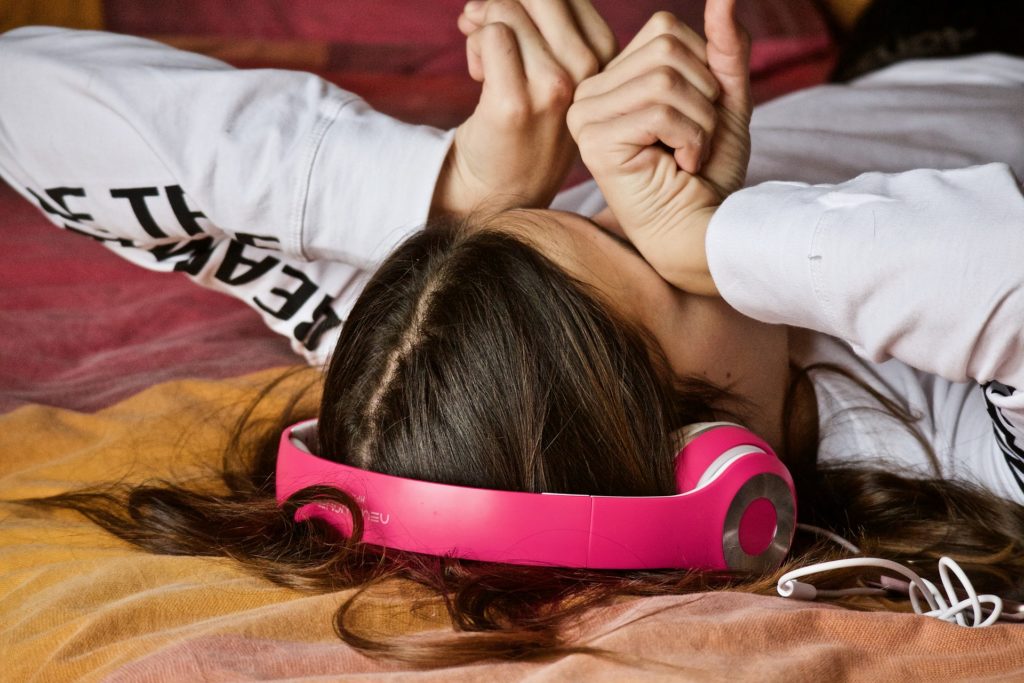
Ups and Downs: Cycles of Adolescent Moods
Ups and downs are a normal part of our lives, adolescent included. Adolescents have a lot going on physically, emotionally and socially, which helps to explain why they might be having more moods than before.
Some days your child might be cheerful and excited, while other days he might seem flat, low or sad. This is a normal part of life for a young person in the same way it is normal for adults.
You might notice your child feeling more ups and downs than he used to, or his moods might be more extreme. This could be for many reasons: physical, emotional, social and psychological and not for anyone particularly reason. Often you cannot pin down the causes of adolescent ups and downs.
You might also notice that your relationship with your child is changing, as well as how he shares his emotional world with you. Privacy might be very important to him.
When your teenager wants more time on his own or more private headspace, it is not necessarily that he is being ‘moody’ – it is actually a sign that your child is maturing and becoming more independent. This can be a healthy part of adolescence, although your child still needs your support and supervision.

These changes in behavior, thinking and feelings are normal and will last for longer than moods. Learning to cope with and manage emotional ups and downs independently is one of the big jobs of adolescence.
If your child seems to be feeling flat or low, there could be many reasons. It can come from lifestyle and relationship factors such as not getting enough sleep, not having regular nutritious meals, not feeling connected with friends, stressful family situation or being bullied at school. Or your child could be just having a bad day.
Recognizing the things your child already enjoys: this might be a favorite team sport, spending time with old friends or creating his own digital content and keeping up with these activities will help your child feel secure and connected, and give him a base that he can use to explore new interests.
Young people are developing independence and tackling new things. While your child is doing this, try to give him space or time alone to think about new emotions and new experiences. Trying to force conversations before your child is ready to talk might lead you into conflict.
The young person can feel down for minutes, hours, days or much longer. If your child seems down, flat or sad for two or more weeks, or if you notice moods are stopping your child from getting on with his usual daily activities, this could be a sign of a more serious mental health problem. Remember that mental health problems can have serious long-term consequences if left untreated.
If you are concerned about your child’s emotions and behavior, it is important to talk with your child and to seek help. A long-term mood that does not seem to go away is not a normal part of puberty.
